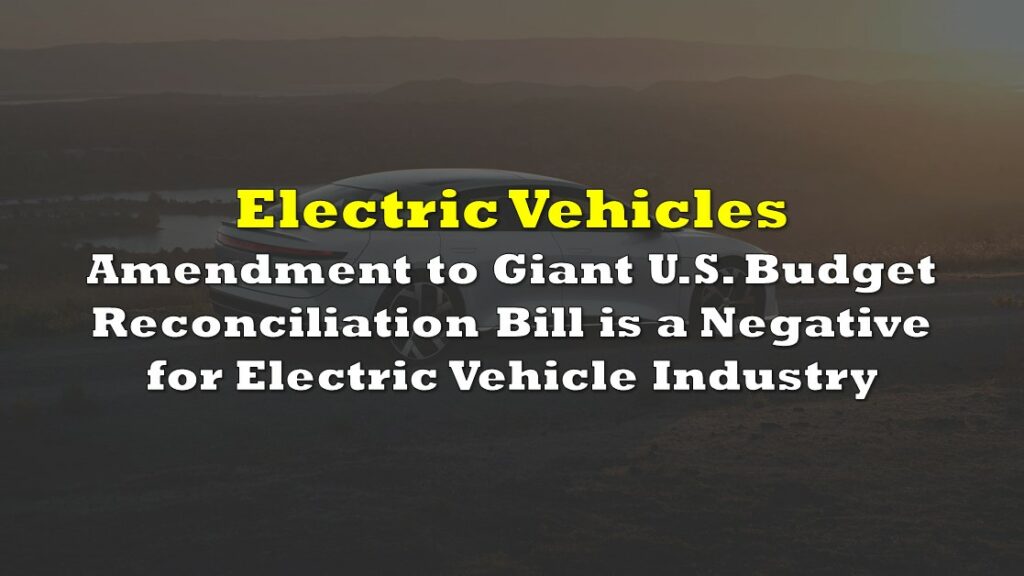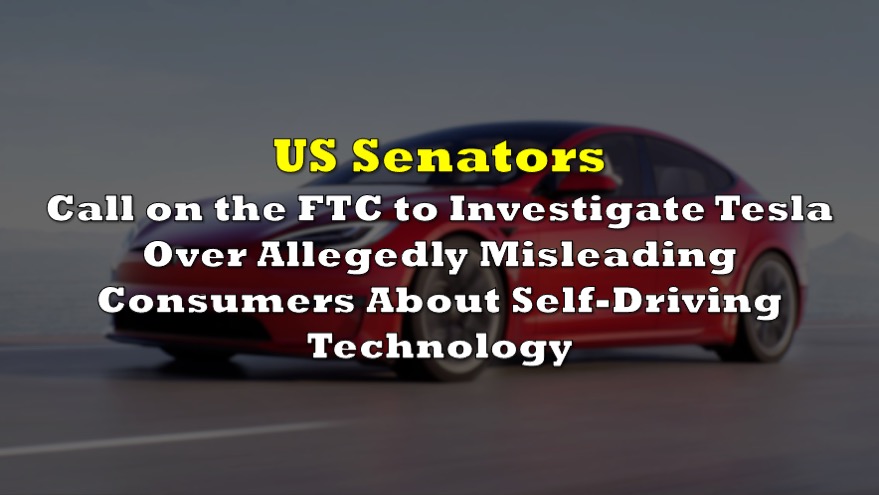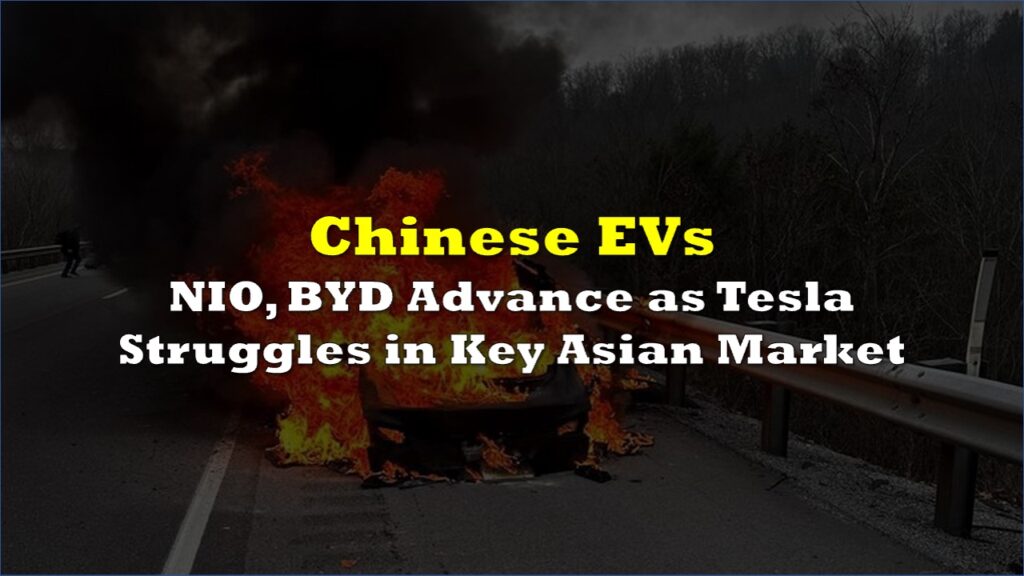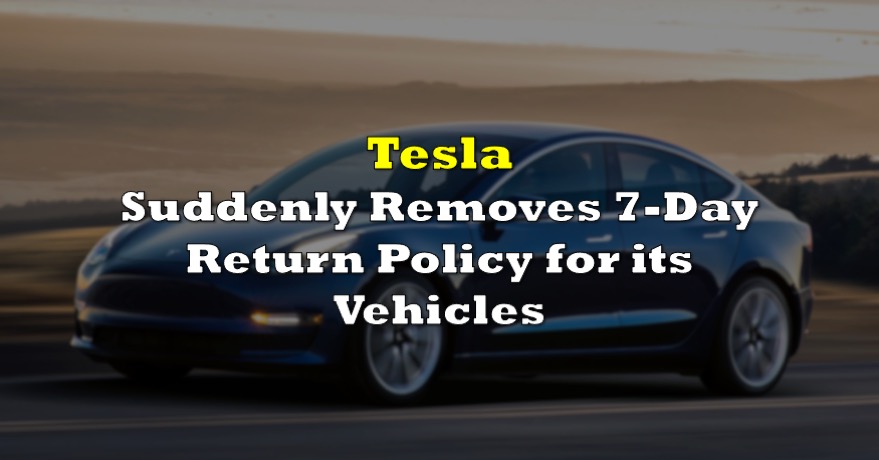Tesla Inc. (NASDAQ: TSLA) is facing significant backlash as customers report hardware failures with its latest Full Self-Driving computer, known as AI4.1. The issue, first identified in mid-2024, has left thousands of vehicles without critical safety features and increased scrutiny from regulators, including the National Highway Traffic Safety Administration.
The malfunction in Tesla’s AI4.1 computer, described as an “internal short,” has rendered several critical features inoperable, including backup cameras, navigation systems, and active safety mechanisms. This issue, which can emerge within a few miles of driving or after several thousand miles, has turned many vehicles into shadow versions of their intended selves.
Follow up on the Tesla AI4 computer failure:
— Fred Lambert (@FredericLambert) January 6, 2025
Tesla has now confirmed that the problem is an "internal short". Still no service bulletin or NTHSA notice.
On top of all the features not working, some customers have shared concerns about energy consumption. Phantom drain is up to… https://t.co/JROUfEm0wQ
In an exclusive report by Electrek, one customer described the experience as akin to “driving a stripped-down car at a luxury price.” The problem is compounded by Tesla’s inability to meet replacement demand, with some customers being told they will have to wait until February for repairs.
Beyond the immediate inconvenience, the AI4.1 issue has led to increased battery drain, with vehicles consuming up to 5 kWh per day while parked. This “phantom drain” is attributed to the computer being stuck in an “auto-update loop,” a glitch Tesla has yet to resolve.
For customers without access to home charging, the excessive battery consumption presents logistical challenges. Owners are also expressing concerns about the potential long-term damage to their vehicles’ batteries and other components, which could result in costly repairs down the line.
The situation has drawn the attention of the NHTSA, which has received dozens of complaints related to the AI4.1 computer failure. Federal regulations require that all new vehicles be equipped with functional backup cameras and other safety features, making the absence of these systems a potential violation of safety standards.
Actually Smart Summon
The AI4.1 issue is not the only challenge Tesla faces with the NHTSA. The federal agency recently opened a preliminary evaluation into Tesla’s “Actually Smart Summon” feature, which allows users to remotely control their vehicles via a smartphone app.
This investigation covers approximately 2.6 million Tesla vehicles from model years 2016 to 2025, following reports of collisions where the system failed to detect obstacles such as parked cars and poles.
NHTSA is also evaluating Tesla’s Full Self-Driving software, which has been linked to four crashes, including one fatal incident. The probes aim to determine whether these features meet safety requirements and whether additional recalls or software updates are necessary.
$TSLA NHTSA opens investigation into Tesla's 'Actually Smart Summon' feature
— The Inner Circle Trading Group DP David Prince (@epictrades1) January 7, 2025
Tesla has acknowledged the AI4.1 issue as an “internal short” but has provided little public information about how it plans to resolve the problem comprehensively. The company has also declined to comment on the NHTSA investigations.
The lack of communication has not gone unnoticed by investors. Tesla’s stock fell 4% following the announcement of the latest NHTSA probe, signaling waning confidence in the company’s ability to address its technical and regulatory challenges effectively.
With many Tesla owners feeling left in the dark, consumer advocacy groups are pushing for greater transparency and quicker resolutions. Some customers have begun exploring the possibility of a class-action lawsuit, citing financial losses and diminished vehicle functionality.
Information for this story was found via Electrek and the sources and companies mentioned. The author has no securities or affiliations related to the organizations discussed. Not a recommendation to buy or sell. Always do additional research and consult a professional before purchasing a security. The author holds no licenses.









